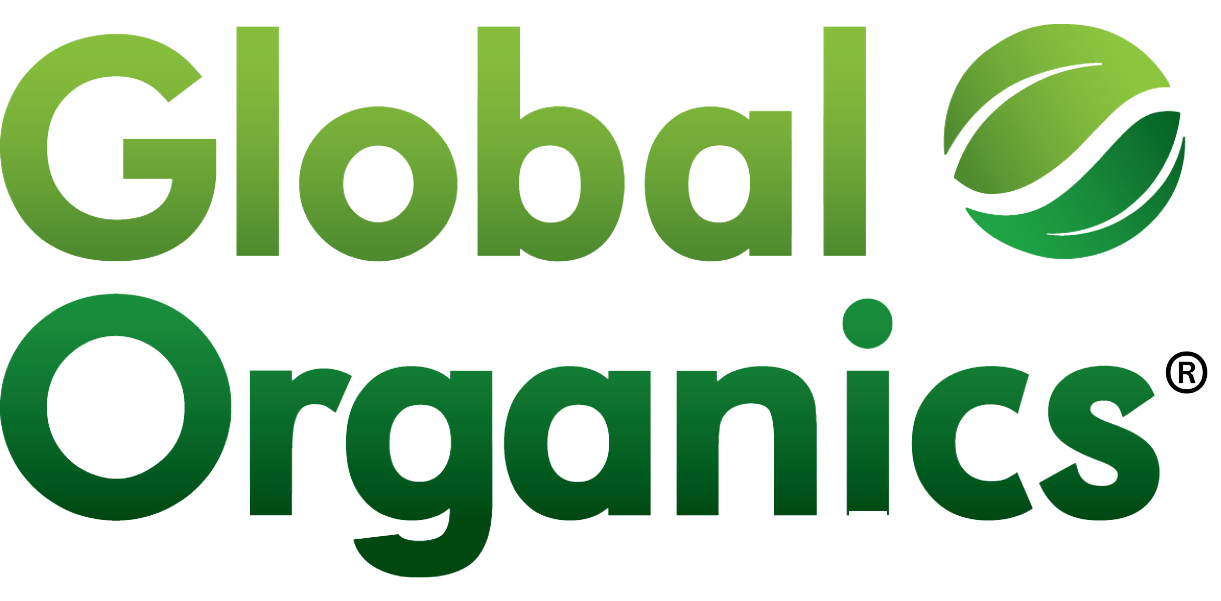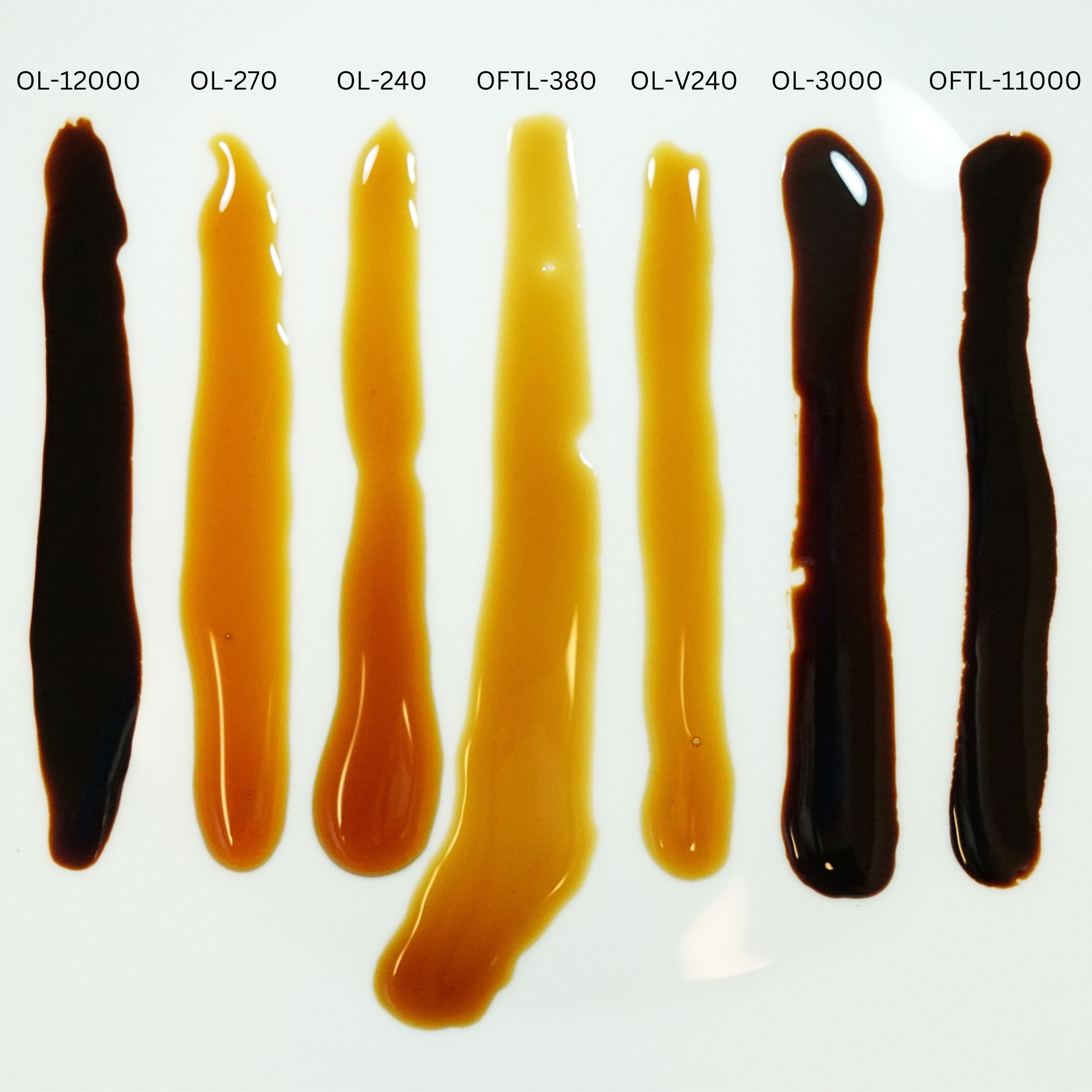What is organic caramel?
Manufacturers of organic foods and beverages use caramel ingredients to color and/or flavor foods. Our organic caramel (liquid) is made by a carefully controlled heat treatment of certified organic cane sugar. Organic caramel specialties are obtained by the controlled heat treatment of food sugars with one or multiple ingredients that give a distinctive taste and/or special texture to the final product. The added ingredients can include milk, cream, butter, salted butter, fruit extracts, honey, malt, chocolate, etc. To obtain organic caramel powder, the organic caramel liquid is spray dried with organic and non-GMO corn maltodextrin. The organic cane sugar used can be Fairtrade certified upon request.
A fifth-generation, family-owned company that has been producing organic caramel for over 20 years supplies Global Organics’ caramel ingredients. Our partner uses exclusive, efficient, state-of-the-art equipment to produce organic caramel with a unique European flair.
What are the trends in organic caramel?
Caramel ingredients are increasingly popular across several categories of organic products including ice cream, desserts, dairy products, chocolates, baked goods, beverages, meat-based products and sauces. Over the last 20 years there has been an increased interest in organic and fair trade caramels, due to the demand for clean and clear labeling and the fair treatment of workers. The healthy eating trend has driven formulation with caramel to add sweetness without using artificial sweeteners. The desire for indulgent foods and beverages (salted caramel) and a longing for the tastes of childhood (butterscotch) make caramel a sought-after ingredient to meet market trends.
What caramel ingredients do you supply?
We offer a range of organic caramel liquids, pastes, powders, flakes and inclusions that are customized to work in specific applications including ice cream bases and dairy milks, syrups, plant-based milks, toppings, colors, dried soups, chocolate, glazes and bakery. Our supply partner has the capability to provide a wide range of caramel products, so please share your requirements.
What is a Class I caramel color?
There are four classes of caramel colors depending on added ingredients. Class I is plain caramel color, Class II is sulfite process caramel color, Class III is ammonia process caramel color, and Class IV is sulfite and ammonia process caramel color. Our organic caramel colors are all Class I and do not contain ammonia or sulfites.
How is the color of caramel measured?
The color of caramel is measured in EBC* Units where a higher EBC means a darker color. Our caramels range from 240 to 13,000 EBC units and are diluted in application. Note: the EBC (European Brewery Convention) color standards are references in the brewery industry but are also used in other industries such as the overall beverage and caramel industries.
Do your organic caramel ingredients contain 4-Methylimidazole (4-MEI)?
Our caramel ingredients do not contain 4-MEI. 4-MEI only occurs with caramels made with ammonia (Type III and IV caramels).
Do your organic caramel ingredients contain acrylamide?
Our caramel ingredients do not contain acrylamide. Recent tests, which took into consideration various degrees of cooking and caramelization, showed no detection of acrylamide (“not detected” with this testing method means no acrylamide present above 30 ppb).
Do your organic caramel ingredients contain furfuryl alcohol (FFA)?
Recent tests showed that FFA, if present, is at a very low level (10 ppm range).
Do you have further information on 4-MEI, acrylamide and FFA in terms of Prop 65 in California?
4-MEI, acrylamide and FFA are chemical compounds that are not directly added to food; rather they are formed in the browning of certain foods (roasted goods, grilled meat, coffee) through the Maillard reaction. It is important to choose caramels with no or low levels of these compounds as they are listed in the California Proposition 65 list of carcinogens and/or reproductive toxicants (reference: https://oehha.ca.gov/proposition-65/proposition-65-list).
Businesses must provide a warning to users if they manufacture or sell products in California that cause exposure to risk amounts of these compounds. Risk amounts are defined for 4-MEI, acrylamide and FFA by Prop 65 as follows:
- A no significant risk level (NSRL) for 4-MEI if ingested at levels less than of 29 µg/day.
- A NSRL for acrylamide if ingested at levels less than 0.2 µg/day.
- No official NSRL for FFA. This means that companies may need to derive their own limits until one is established by the OEHHA. Also, according to Prop 65, furfuryl alcohol that forms during the Maillard reaction would be exempt from warning requirements to the extent a company can demonstrate it is present at the “lowest level currently feasible.”
Considering the information about levels of FFA, 4-MEI and acrylamide in our caramel ingredients and the NSRLs stated above, our caramel ingredients do not require a Prop 65 warning.

Are your caramel ingredients labeled “dairy-free” or “allergen-free”?
We never use the term “dairy-free” or “allergen free“ as that implies there are no traces of allergen in the product or zero parts per million (ppm). Zero ppm can never be confirmed in a food product due to analytical method limitations.
Some of our caramel items are processed on equipment used to make caramel products with dairy ingredients (butter, cream, etc.). Our supplier has a strict allergen control and cleaning program to effectively control allergens and avoid risks of cross contamination. Therefore, we offer caramel products that are non-dairy.
Likewise, some of our caramel ingredients are processed on equipment used to make caramel products with wheat (maltodextrin), gluten (malt), soy (soy lecithin) and sulfites. Again, our supplier has implemented a strict allergen control and cleaning program to effectively control allergens and avoid risks of cross contamination. We can therefore offer caramel products with no wheat, no gluten, no soy, and no sulfites.
And finally, our caramel suppliers’ facility does not handle peanuts or tree nuts.
Are your organic caramel ingredients vegan?
We offer organic caramel colors in liquid and powder formats that are non-dairy and vegan suitable.
Does your caramel supplier practice social and environmental responsibility?
Our supply partner has a sustainable development program which is the cornerstone of their management philosophy and gives meaning to all their actions. For environmental programs they have certified management systems such as ISO 14001(environment) and ISO 5001(control of energy consumption) and practice life cycle management (raw materials and packaging).
For employees, they are currently focusing on well-being at work; this includes participative management, breakfast with directors, surveys, safety and health days and sports activities.
And for the community, our supplier is a patron of 50 associations. Over 50% of their support goes to local associations including schools and community activities such as basketball and rugby and also the fire department. They also support a cultural center for the arts and a music program that encourages young classical musicians.
If we’ve missed a question on organic caramel or you are looking for a specific ingredient, contact your Global Organics Account Manager or email info@global-organics.com to discuss your needs.


